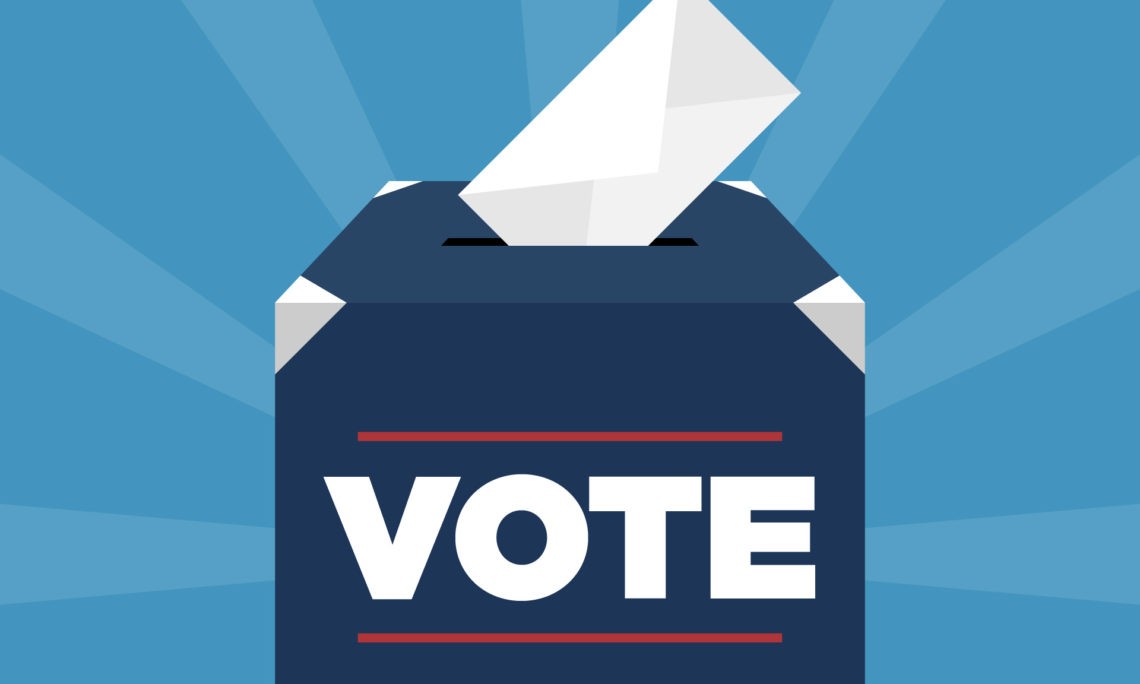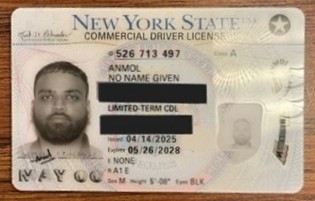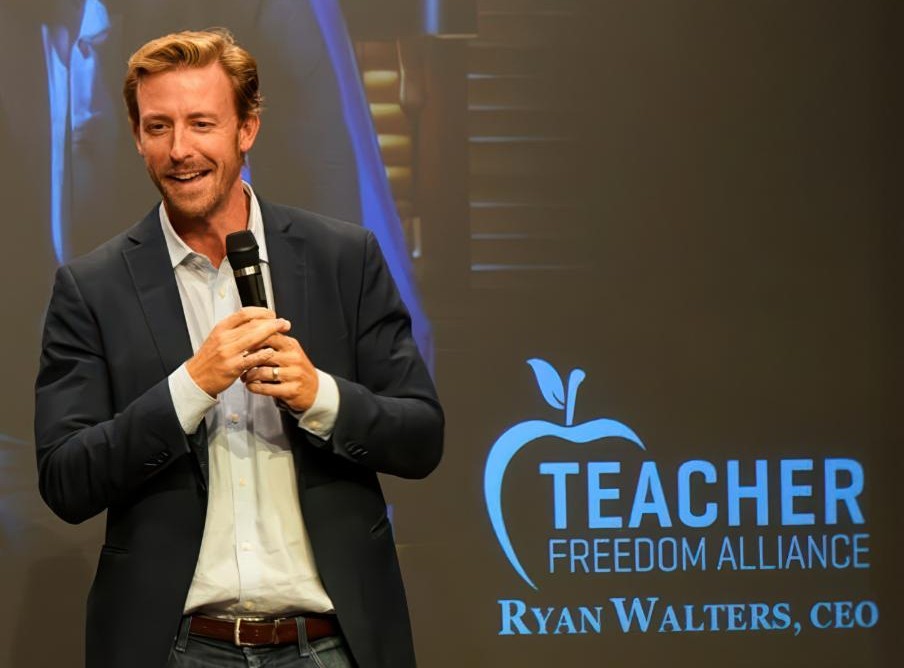Ranked-choice Voting a Bad Idea
But a recent legislative study highlighted why that is a bad idea. Whatever savings might be achieved would be more than offset by widespread voter confusion, reduced transparency and effective disenfranchisement of many citizens.
In a ranked-choice voting system, voters designate their first choice in a race, their second choice, and so on down the ballot. If no candidate receives majority support, the second-choice votes of the candidate who finishes last are reallocated to the remaining candidates. If no candidate clears 50 percent of the vote at that time, the process repeats again and again until one candidate has received a majority.
That makes for a lengthy and complicated ballot. State Sen. Mike Shower of Alaska, a state that implemented ranked-choice voting for the first time last year, told Oklahoma legislators that a ranked-choice ballot in Alaska “looks like an engineering chart.”
That leads to many more spoiled ballots that don’t get counted. Shower said 11 percent of ballots in Alaska went uncounted because of voter error under ranked-choice voting. The normal rate had been 3 percent or less.
And forget about learning the outcome in a timely manner under the complex ranked-choice voting system. In Alaska, counting took two weeks. “I think the days of knowing the election results on election night would be long gone,” warned Oklahoma State Election Board Secretary Paul Ziriax.
Worse, even when results are declared voters may have reason for skepticism.
In Alameda, California, academics stumbled across a programming error that caused ranked-choice votes to be wrongly allocated in county races. Neither election officials nor the candidates caught the problem because the system was so complex and heavily dependent upon computer programming. The wrong candidate was declared the winner in one school-board race and the actual winner was not seated for four months.
Supporters tout ranked-choice voting as a nonpartisan, good-government reform. But Shower noted the practical effect of the system has been to make it easier for Democrats to win races in areas where the local populace leans Republican.
Scott Walter, an official with the Capital Research Center, which tracks political spending, said the financial backers of ranked-choice voting efforts are overwhelmingly left-wing.
Five states have banned ranked-choice voting: Florida, Tennessee, Idaho, Montana, and South Dakota. Oklahoma should join that list. You can’t put a price on a transparent, trustworthy election system where it is easy to cast a vote and Oklahomans can feel confident in the reported results.
Jonathan Small serves as president of the Oklahoma Council of Public Affairs (www.ocpathink.org).










Latest Commentary
Thursday 30th of October 2025
Thursday 30th of October 2025
Thursday 30th of October 2025
Thursday 30th of October 2025
Thursday 30th of October 2025
Thursday 30th of October 2025
Thursday 30th of October 2025
Thursday 30th of October 2025
Thursday 30th of October 2025